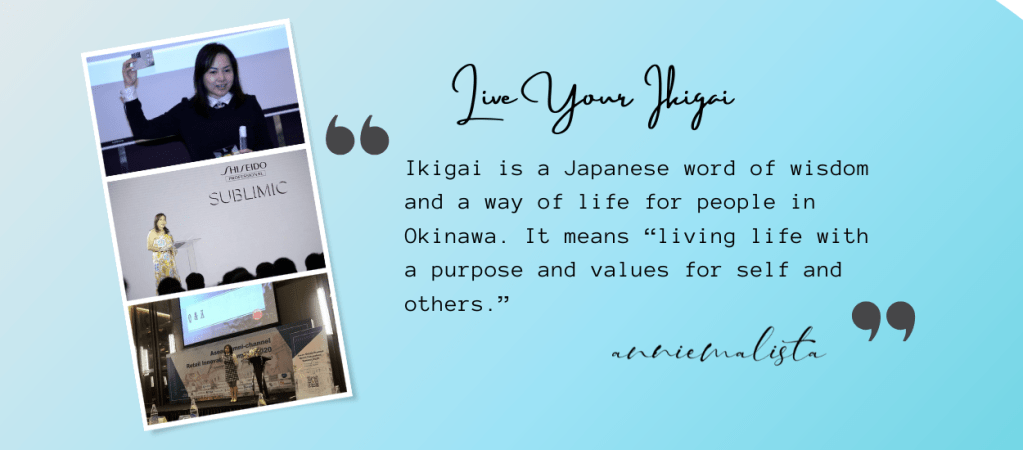
Get new content delivered directly to your inbox.
Online Self-Healing Courses
& E-books

Check out the self-healing courses as featured below & available e-books
Private Coaching
& Healing Session

Check out the types of service available for one-on-one | couple | group of 3-5


Life is a journey. make it worth embarking

Private Healing & Coaching Session
One-on-One | Couple | Group



